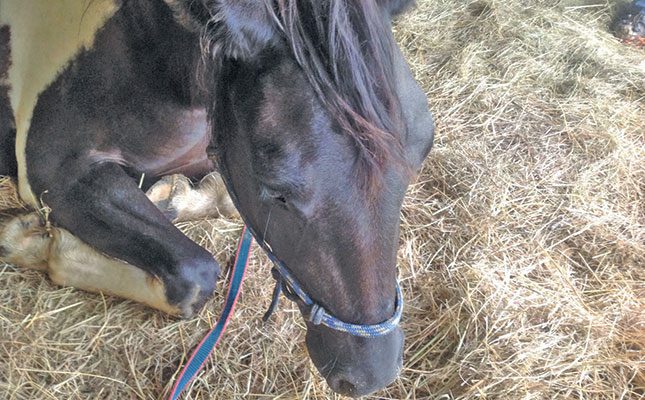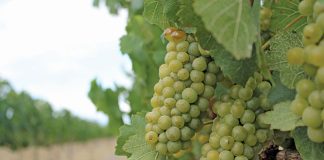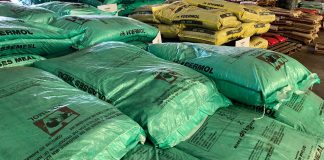
Photo: FW Archive
AHS, an infectious but non-contagious insect-borne viral disease, is endemic to Southern Africa. Horses need to be vaccinated between June and October each year to protect them against AHS during the late summer months, which is peak AHS season.
Infections usually start dissipating when the first frost arrives. Symptoms included high fever and a lack of appetite. Infected horses could die within days.
Henry Geldenhuys, president of TLU SA, said the lack of vaccines at OBP was a massive challenge. “It’s not just AHS vaccines that are unavailable; it’s several that are needed for livestock farming. We’ve received many reports of horses that are dying, with one farmer in Bethal, Mpumalanga, losing two horses in a week. The farmers are really struggling and all they can do is sit by and watch their animals die.”
The exact extent of AHS cases was yet to be quantified. Adrian Todd, managing director of South African Equine Health and Protocols (SAEHP), explained that outside of the controlled zones for AHS, it was common to have a few cases every year, and it was therefore difficult to establish whether there was an outbreak as such.
“But we have seen an increase in cases this year. Whether it is due to a lack of vaccines is difficult to pin point.”
Todd confirmed that many horse owners were unable to get vaccines last year, when horses needed to be vaccinated.
“We have been struggling for the last two years to get vaccines, but it does appear as if the situation will be rectified in the near future, owning to meetings being held with OBP and the minister of agriculture [Thoko Didiza] earlier this week. Hopefully by the next vaccination season in June, the problem would have been rectified.”
Todd noted that reported AHS cases had not risen to a point where movement of all horses needed to be halted.
OBP had not responded to Farmer’s Weekly’s queries by the time of publishing.












